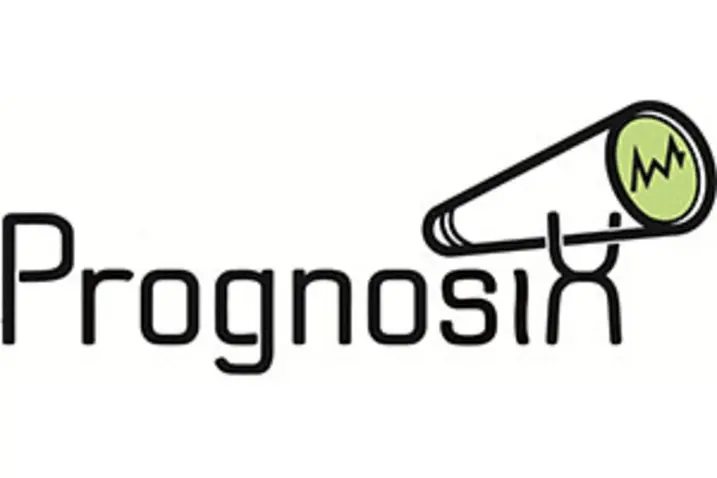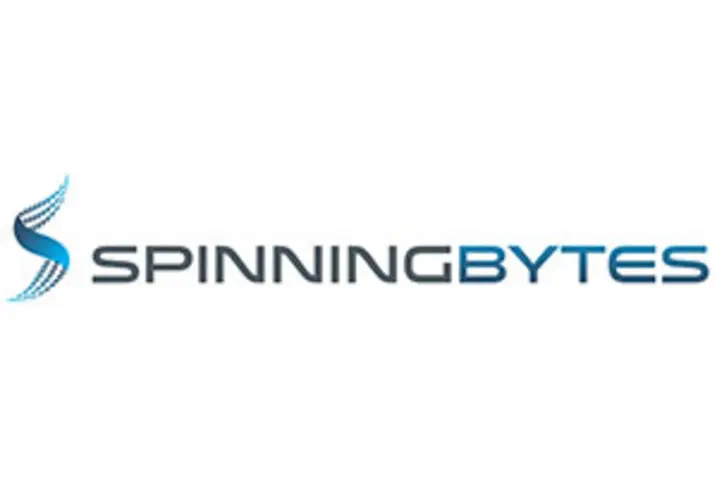Datalab - The ZHAW Data Science Laboratory

«Datalab is an important player in Switzerland at the interface of applied research and innovation. Data Science is a primary field for Universities of Applied Sciences like ZHAW. In line with our strategy, in line with our mission, Datalab is present in the field of Data Science – a separate discipline but interdisciplinary.»
Prof. Dr. Regula Jöhl, President of ZHAW
Who we are
Datalab is a virtual organization at Zurich University of Applied Sciences, spanning several departments and institutes.
It is comprised of institutional Members and lives through the collaboration of its Associates (i.e., active affiliates of its members) and Partners.
Datalab is governed by its Board.
Vision & Mission
At the ZHAW Datalab, we live our passion for data science and are committed to
- create business value through innovative research projects, aiming mainly (but not exclusively) at Swiss SMEs
- support aspiring data scientists through passionate teaching of data science foundations and advanced topics; we educate our students towards being researchers as well as practitioners. This also includes joint programmes with universities for PhD students.
Our goal is to be a nationally leading and internationally recognized center of excellence for research, teaching and services in the area of data science. The Datalab closely cooperates with industry, enabling innovation and technology transfer.
In order to reach these goals, we foster interdisciplinary collaboration and exchange of ideas between our members and associates.
Brief History of the ZHAW Datalab
The ZHAW Datalab was founded in 2013 as one of the first Data Science labs in Europe [SSB2013]. The goal of the two founding institutes, InIT and IDP, i.e. the Institute for Applied Information Technology and the Institute for Data Analysis and Process Design, was to bring together experts from the fields of computer science, mathematics and statistics to solve practical data science problems using the latest research approaches. Currently, the ZHAW Datalab comprises 12 institutes and centers from 4 ZHAW departments.
The big advantage of the ZHAW Datalab compared to similar initiatives at universities or companies is that the associates have both a research background and practical industry experience. This experience can be profitably applied to projects at the interface between academia and industry.
Back in 2014, the ZHAW Datalab organized the first Swiss Conference on Data Science, which brought together data science experts from research and industry throughout Switzerland. In the same year, the foundation was also laid for the continuing education in Data Science. Here, too, the ZHAW Datalab was a Swiss pioneer.
Thus, the ZHAW Datalab has been shaping both data science research and continuing education in Switzerland since the very beginning. The ZHAW Datalab receives the majority of its funding from Innosuisse, which finances applied research projects between university partners and companies. However, the ZHAW Datalab has also received research funding from the Swiss National Science Foundation and the European Union. Some key findings from research and teaching are summarized in practical "Lessons Learned" in the book "Applied Data Science" [BSS2019].
Due to the combination of research projects with industry partners, the exchange with data science experts at the Swiss Conference on Data Science, as well as through the transfer of knowledge in continuing education, the ZHAW Datalab is excellently positioned not only to solve data science problems theoretically, but also to generate data science innovations together with companies. The fact that this in turn has a significant kickback on science is shown not least by the "1st International Symposium on the Science of Data Science" successfully organized by the ZHAW Datalab in 2021.
[BSS2019] Braschler, M., Stadelmann, T., & Stockinger, K. (2019). Applied Data Science. Springer International Publishing.
[SSB2013] Stadelmann, T., Stockinger, K., Braschler, M., Cieliebak, M., Baudinot, G., Dürr, O., & Ruckstuhl, A. (2013). Applied data science in Europe: Challenges for academia in keeping up with a highly demanded topic. In 9th European Computer Science Summit, Amsterdam, Niederlande, 8-9 October 2013.


